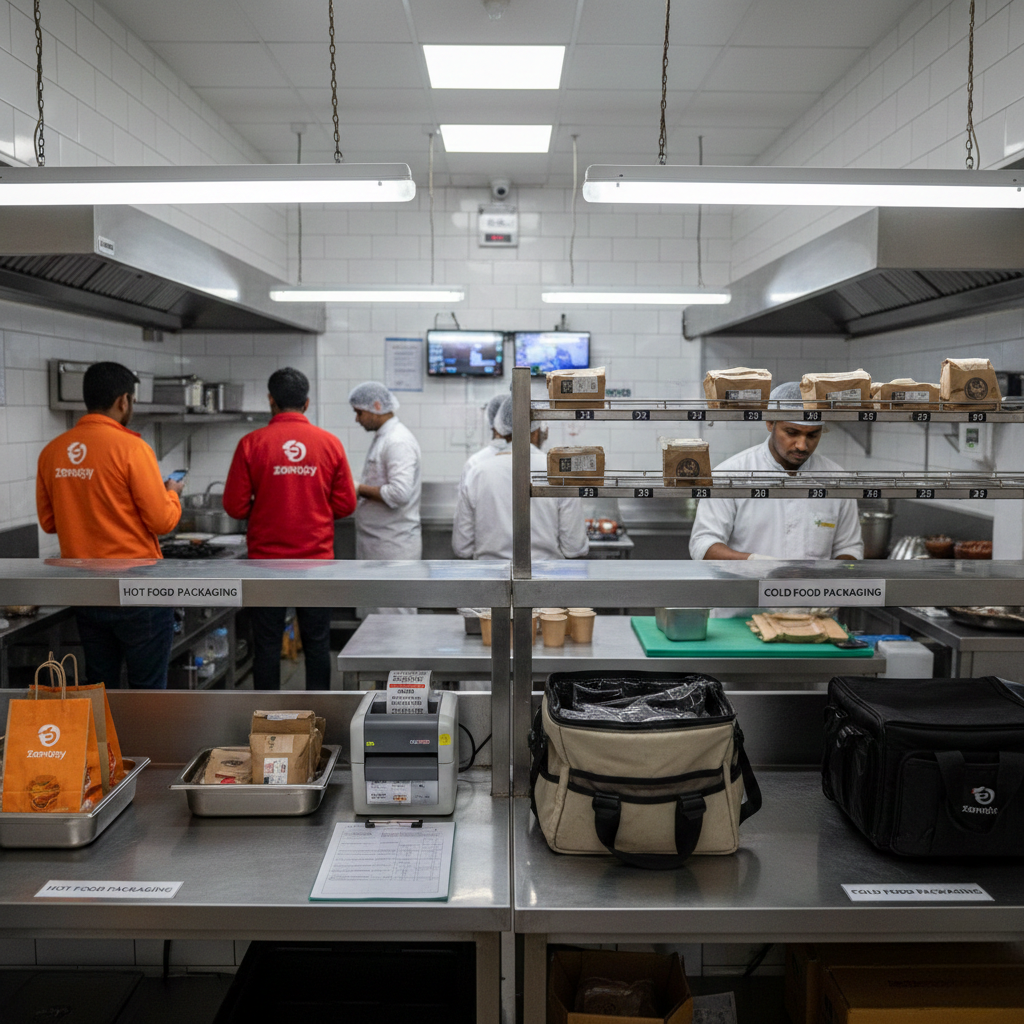Franchising is a key player in global commerce, driving growth and entrepreneurial opportunities across numerous industries. From fast-food chains to fitness centers, this business model has shaped the economic landscape, giving individuals the chance to operate a local business under an established brand. In the U.S. alone, one out of every 12 retail businesses is a franchise, highlighting its significance in fostering entrepreneurship and economic development.

What Is a Franchise?
At its core, franchising is a licensing agreement between two parties: the franchisor and the franchisee. The franchisor is the brand owner, while the franchisee purchases the rights to operate a business under that brand’s name. This arrangement allows for rapid market expansion while maintaining brand consistency across all locations.
Franchising thrives across multiple industries, offering a proven business model that minimizes risks for entrepreneurs. Franchisees benefit from the reputation and experience of the franchisor, while franchisors can expand without shouldering the full financial burden of opening new locations.
Key Players in the Franchise Ecosystem
The Role of the Franchisor
The franchisor is the foundation of the franchise system, providing the brand, business model, and operational support. Franchisors ensure that franchisees maintain consistent quality and service standards to preserve the brand’s integrity across all outlets. Some of the most successful franchisors include:
- McDonald’s: A global fast-food leader with a proven operational model.
- Hilton Hotels: Known for delivering consistent, high-quality services across its international locations.
- Anytime Fitness: A fitness franchisor offering 24/7 accessibility, capitalizing on convenience.
The franchisor’s role is crucial in training, marketing, and providing ongoing support to franchisees, ensuring the success and sustainability of the business model.
The Franchisee’s Journey
Franchisees are individuals or groups who buy into a franchise to run a business under an established brand. Many entrepreneurs are drawn to franchising due to the reduced risk associated with starting a business from scratch. The franchisee benefits from the franchisor’s established brand, operational framework, and ongoing support, which includes training and marketing assistance.
Becoming a franchisee offers several advantages:
- Lower risk: Proven business models and brand recognition reduce uncertainty.
- Comprehensive support: Franchisees receive ongoing assistance with management, marketing, and operations.
Franchisees enjoy a blueprint for success, but they must adhere to the strict operational standards set by the franchisor.

The Franchise Agreement: A Legal Foundation
A franchise agreement is a legally binding contract that governs the relationship between franchisor and franchisee. It defines the operational standards, financial obligations, and territorial rights, among other important details. Understanding this agreement is crucial for both parties, as it sets the terms for the success of the franchise.
Read Also : Franchising vs. Starting Your Own Business: Which is Better?
7 Viral Tips to Boost Your Cloud Kitchen Sales Online
5 Profitable Healthy Food Brands Franchise with an Investment of Just ₹10 Lakh!
Key Elements of a Franchise Agreement
- Initial Franchise Fee: This upfront fee grants the franchisee the right to operate under the franchisor’s brand, covering training, setup, and access to proprietary systems.
- Ongoing Royalties: Franchisees pay royalties based on their sales revenue, ensuring the franchisor continues to provide support and maintain the brand.
- Territory Rights: Franchise agreements often define a specific geographical area where the franchisee has the exclusive right to operate, preventing internal competition.
Benefits and Drawbacks of Franchising
Advantages for Franchisors
Franchisors enjoy significant benefits through franchising, particularly in terms of market expansion and financial gain:
- Rapid Brand Expansion: Franchising allows companies to enter new markets with minimal financial risk.
- Ongoing Revenue Streams: Franchisors generate income through initial fees and ongoing royalties from franchisees.
- Standardization: By enforcing uniform operational standards, franchisors ensure consistent brand experiences across locations.
Advantages for Franchisees
For franchisees, franchising provides a path to business ownership with lower risks compared to starting from scratch:
- Brand Recognition: Franchisees benefit from established brands, gaining access to a pre-existing customer base.
- Proven Business Model: Franchisees follow a business model that has been tested and refined over time, reducing operational risks.
- Franchisor Support: Franchisees receive training, marketing, and ongoing operational assistance, which helps ensure business viability.
Challenges for Franchisees
While franchising offers numerous benefits, it also presents challenges, particularly around autonomy and financial commitments:
- Initial and Ongoing Costs: Franchisees must make a significant initial investment and pay ongoing royalties, which can impact profitability.
- Limited Control: Franchisees have little flexibility in how they run their business, as franchisors dictate many operational aspects.
- Adherence to a Specific Model: Franchisees are restricted to following the franchisor’s business model, limiting innovation and adaptation to local market conditions.
Financial and Operational Aspects of Franchising
Financial Commitments
The financial structure of a franchise is critical for both parties. Franchisees pay an initial franchise fee to access the brand and business model. This fee can vary widely based on the franchise’s reputation and the support provided.
In addition to the initial fee, franchisees also pay ongoing royalties, typically a percentage of their gross sales. These royalties fund the continuous support, marketing, and technological advancements provided by the franchisor.
Operational Support from Franchisors
Franchisors offer comprehensive operational support to their franchisees, ensuring that all locations adhere to the same standards. This support includes:
- Training Programs: Franchisees and their staff undergo training to ensure they are equipped to run the business effectively.
- Operational Manuals: These detailed guides provide franchisees with step-by-step instructions for day-to-day operations, maintaining brand consistency.
- Field Representatives: Franchisors often employ representatives who visit franchise locations to offer guidance and ensure compliance with operational standards.

Real-World Examples of Franchise Success
Several successful franchises showcase the diversity of the franchising model:
- McDonald’s: A leader in global franchising, offering a well-known business model with a strong support system, though it comes with high fees and strict operational guidelines.
- 7-Eleven: A convenience store franchise that provides operational flexibility and strong franchisor support, though franchisees must adhere to a defined business model.
- Merry Maids: A service-oriented franchise offering standardized cleaning services, combining brand reputation with consistent operational standards.
Legal Considerations in Franchising
While specific franchising laws vary by country, thorough legal due diligence is crucial for both franchisors and franchisees. In markets like India, for instance, franchising falls under broader legal frameworks, including the Indian Contract Act and Consumer Protection Act. Ensuring compliance with local laws is essential to protect both parties’ interests.
Exploring Different Franchise Models
Franchises can be categorized into two main types:
- Product Franchises: Focused on the distribution of a product, such as Coca-Cola’s distribution model.
- Business Format Franchises: Providing a full business model, such as Domino’s Pizza, including branding, marketing, and operational support.
Conclusion: The Path to Franchising Success
Franchising offers a structured and scalable business model that allows both franchisors and franchisees to grow and succeed. However, it also requires significant investment, both financially and in terms of adherence to a set operational framework. For aspiring entrepreneurs, thorough research into franchising opportunities and a clear understanding of the franchisor-franchisee relationship are crucial to achieving success.





